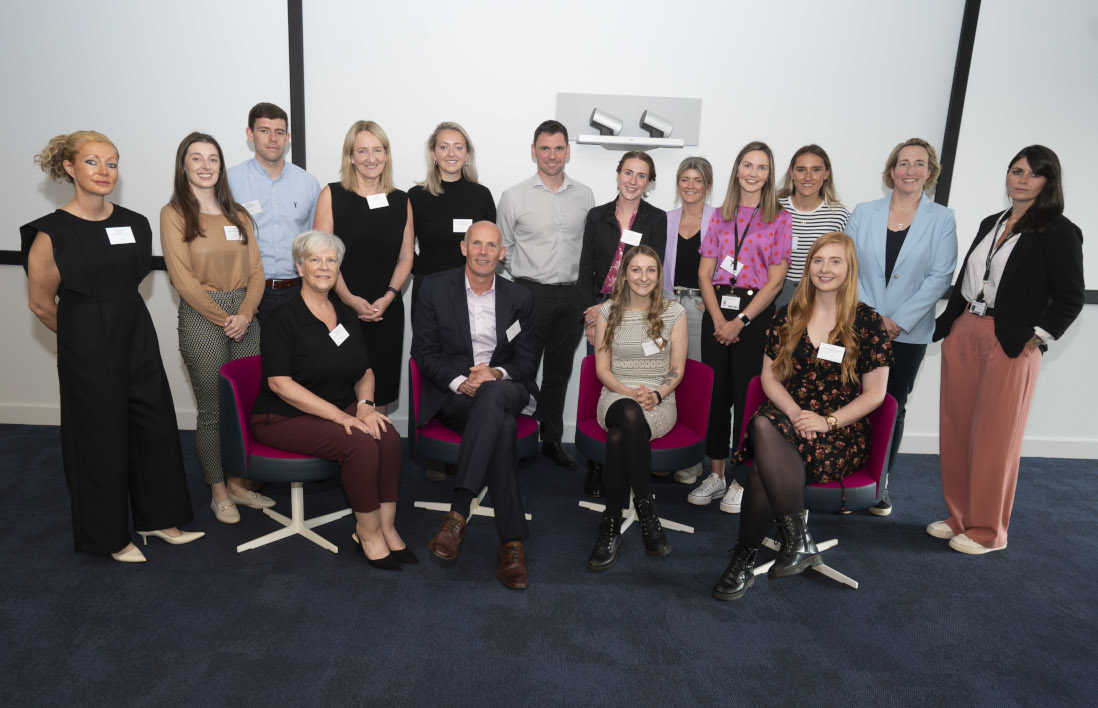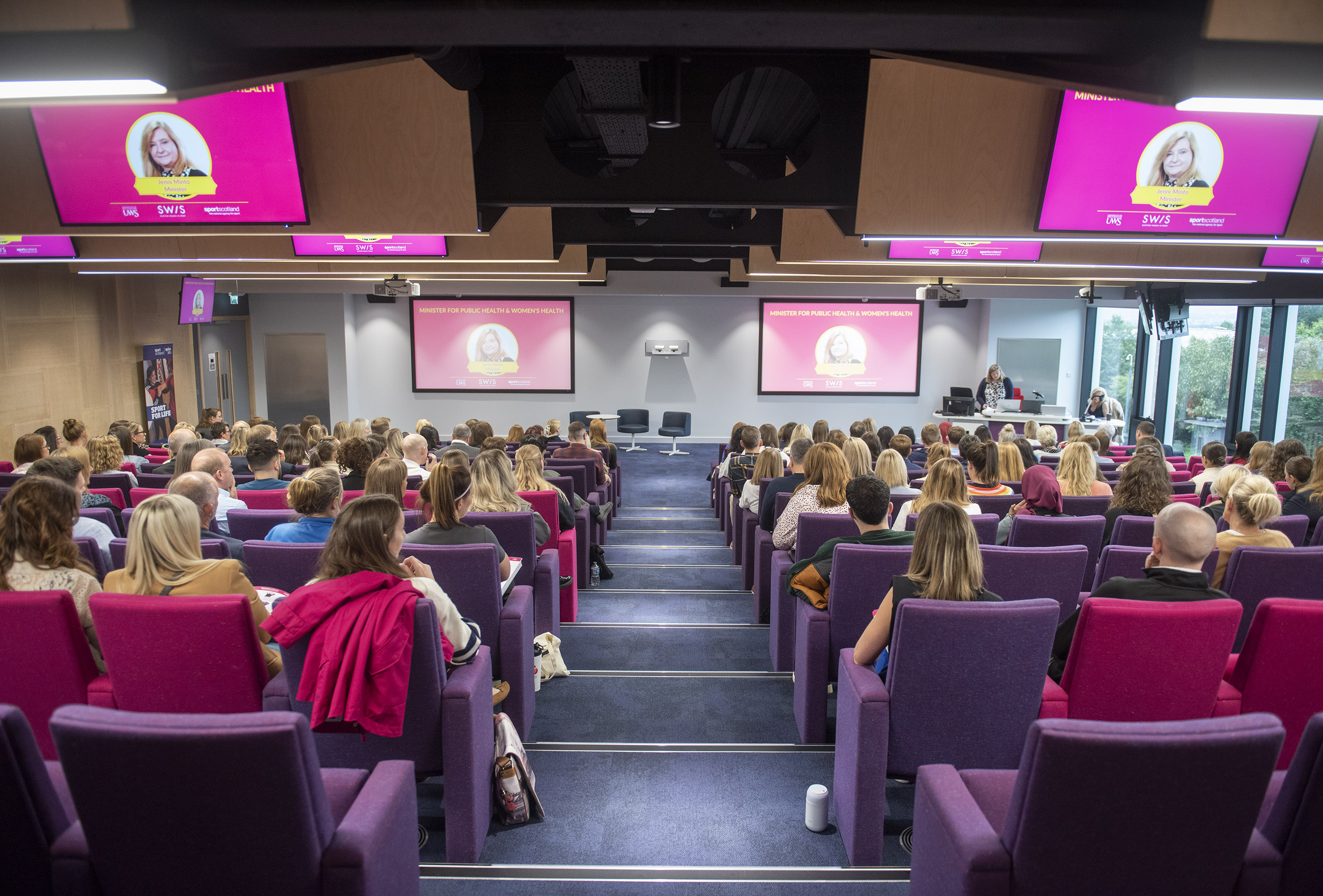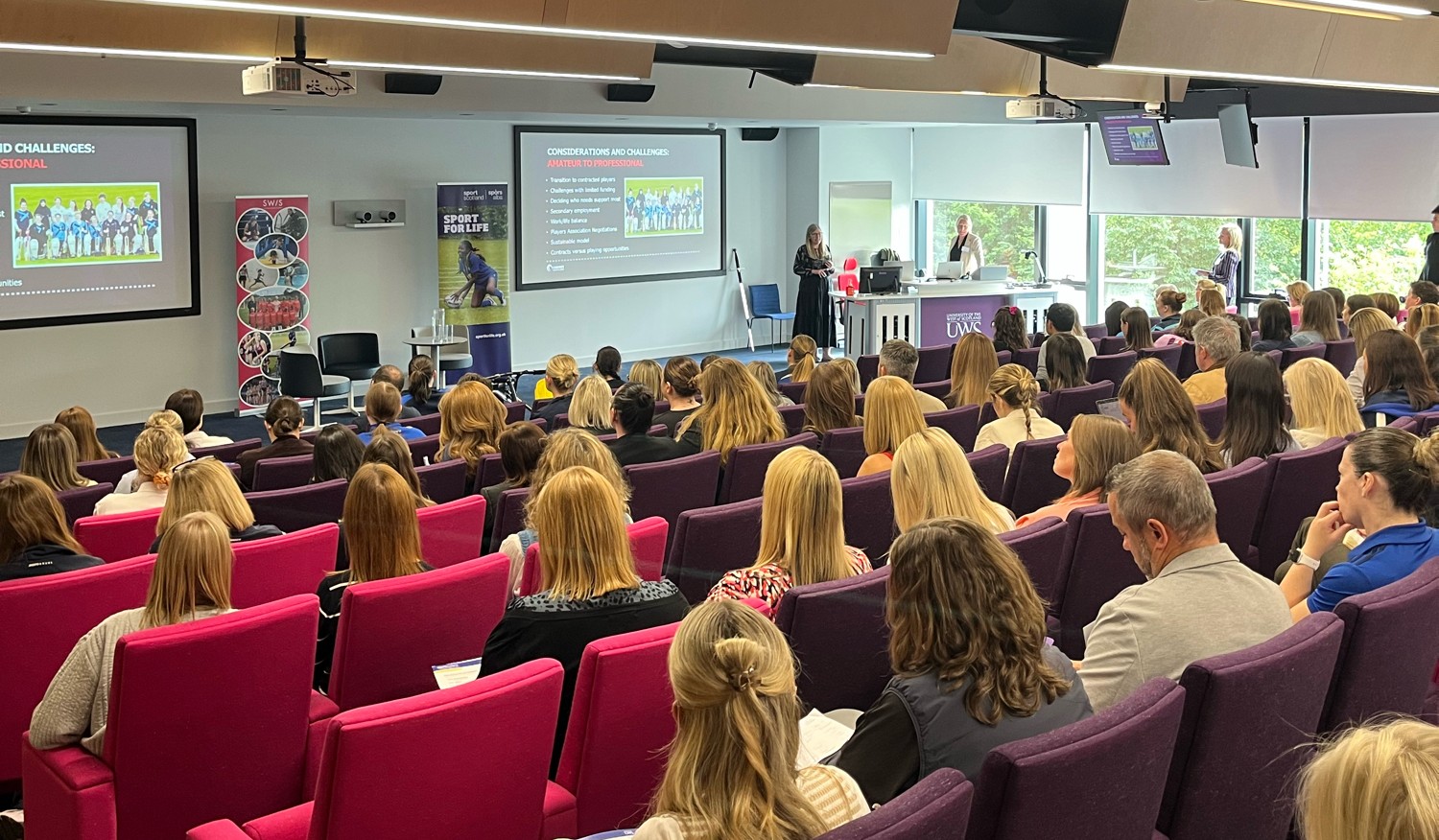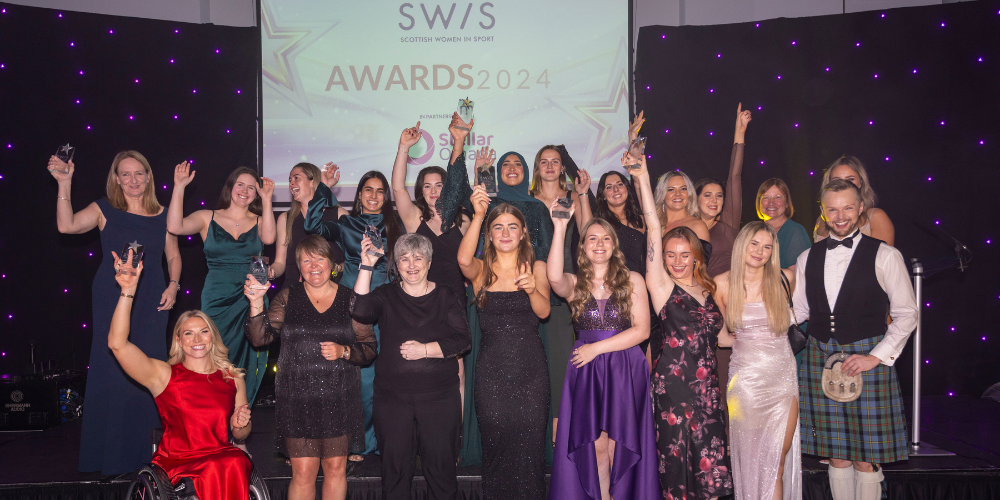Speaking at the 10th Annual Scottish Women in Sport ‘A Decade of Progress’ conference at the University of the West of Scotland, Mr Dunlop said that more must be done to address inequalities within sport.
It is an honour and a privilege to lead the national agency and with that privilege comes responsibility. Never have I felt that responsibility greater than in the areas of equality, diversity and inclusion (EDI).
As we talk of the progress that has been made for women in sport over the last decade, I am conscious that while things have improved there is still some way to go. I am also conscious that I am saying this from the position of being a male chief executive in what is still a predominantly male sporting world.
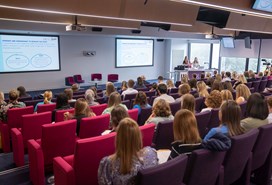
However, allyship is something that has taken on far more significance for me in recent times particularly with some of the challenges we face around discrimination in all forms.
My personal sporting journey has been positive and rewarding. But I know that isn’t an experience shared by everyone. My aim is for everyone to have the same positive experience that I have had. To achieve this, we must break down barriers.
And those of us in senior roles in sport must be the allies to help create change and opportunities.
At sportscotland we are not by any means perfect, but we are working hard to play our part in addressing these inequalities in the sporting system." "We are also committed to embedding a culture of inclusion in our organisation and ensuring that all our employees are treated fairly, without discrimination."
Our corporate strategy, Sport for Life, sets out the direction for sport and sportscotland. It celebrates how everyone in Scotland can benefit from sport. Our approach to equality, diversity and inclusion brings our commitment to inclusion to life.
We need meaningful, intentional action to drive this change. We won't achieve this alone, and our EDI approach shows how we will play our part. Inclusion by design is at the heart of this approach and some of the important work we do is developed and led by the amazing young people that we work with at sportscotland.
Our Young People’s Sport panel is a great example of young people being given the opportunity to shape policy and programmes and I am delighted that Emma from the panel is here today. We also have Fit for Girls - a national programme developed in partnership between sportscotland and the Youth Sport Trust.
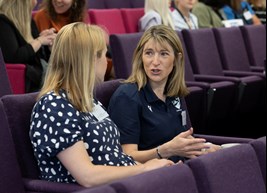
The tutors aim to inspire and empower girls and young women to create local change in their school, club and community by developing their self-esteem and confidence so they have a voice and can help other girls be inspired to start, maintain or return to sport and physical activity.
The Active Schools programme is also successfully engaging females in sport and physical activity, offering a range of fun activities in schools across the country. In the 2021-22 academic year, over 100,000 girls and young women made over 1.5million visits to Active Schools sport and physical activity sessions – which is significant in terms of recovery post pandemic.
We also help to prepare and support athletes to perform consistently on the world stage. Our support is focused on Commonwealth, Olympic and Paralympic sports and sports of national importance. The Scotland team at the Birmingham 2022 Commonwealth Games had 134 female athletes in the 260-athlete selection – that’s 52%. This included 19 (61%) of 31 para-sports athletes on Team Scotland.
Colleagues from the sportscotland institute of sport are doing important as part of The Female Athlete Performance Group, which pulls together multi-disciplinary expertise from across the Institute. As part of that work we recently started looking at the issue of menopause on physical activity levels and other associated impacts related to mental health for both regularly active women, those who are a little bit active and the inactive.
So yes, there is lots of good work going on across the system but I this is not about giving ourselves a pat on the back." "We know that if sport invests in women the results are there to see. You only need to look at the success of the Lionesses last week and the viewing figures for the world cup."
We need to see more visibility of women in sport in the media, we need to see greater levels of sponsorship deals, we need to see greater pay and prize money, more female coaches, officials and senior representation.
And we need the allies to make that happen. I want to see gender equality – not just as the father of two young daughters – but because it is the right thing for sport and the right thing for society. I am optimistic that things are changing and in the next decade we need to see that accelerate.
I want sportscotland to continue to prioritise inclusion in all forms as something that underpins everything we do. With 1.2 billion global viewing figures for the recent world cup I will leave the last word to Megan Rapinoe who said: “We changed the game, but is it enough? No way – but it’s a start.’
Find Out More

